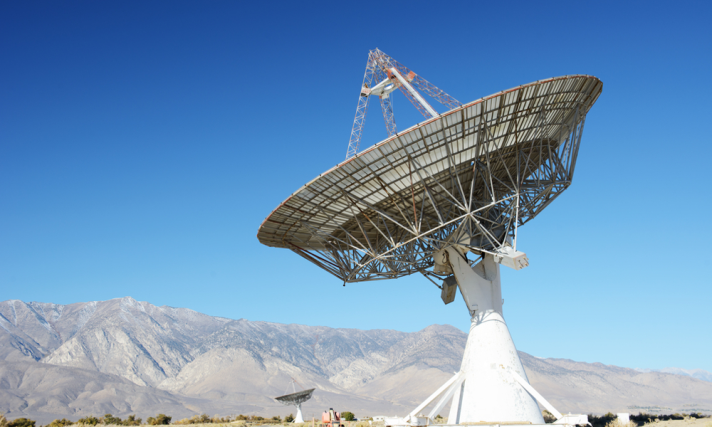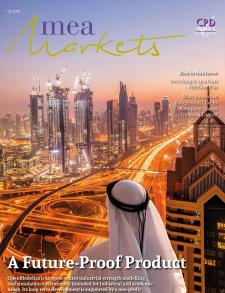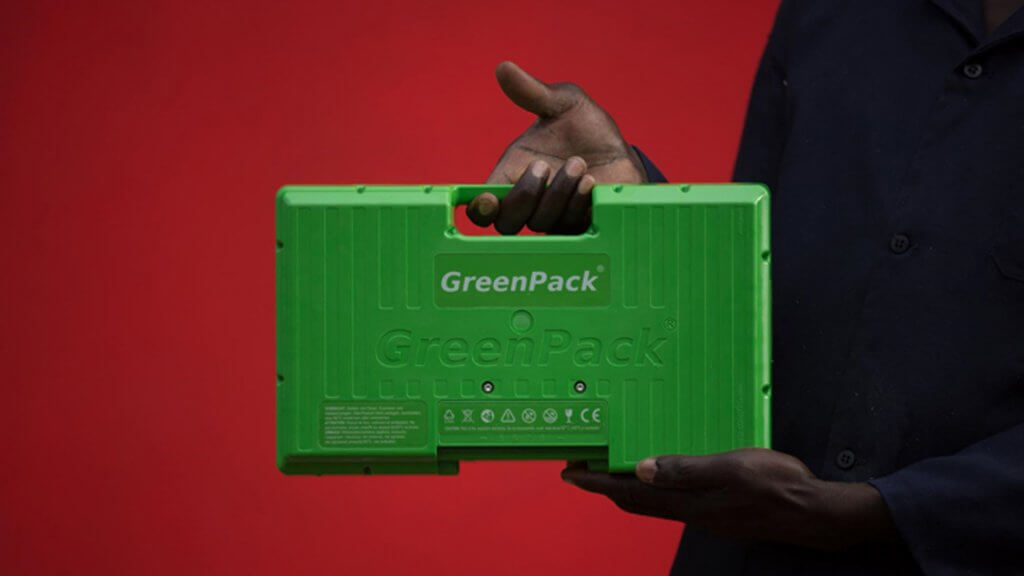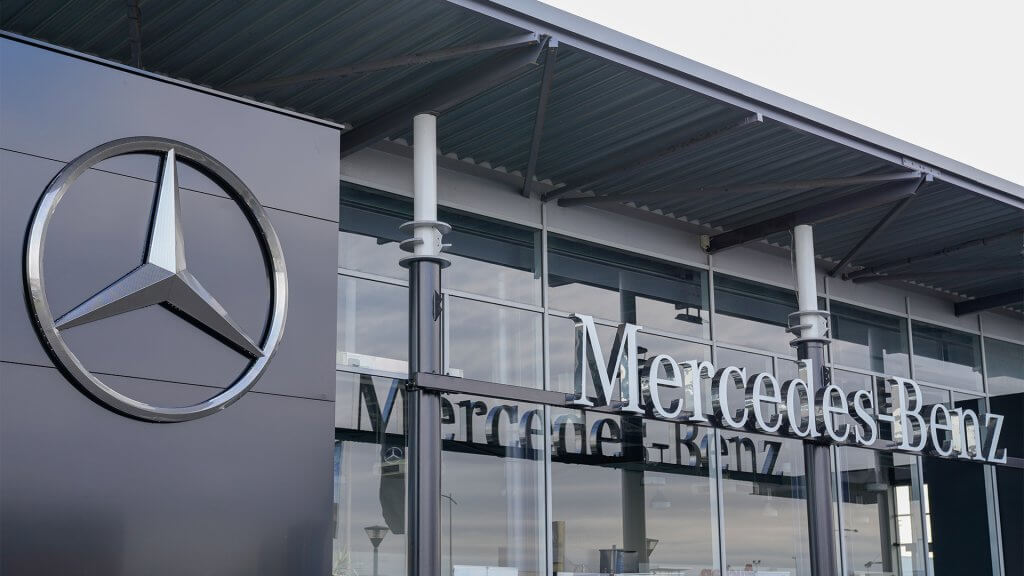
Technological innovation in Israel
Key trends and developments driving an increasing number of foreign businesses and investors into the region.
Authored by David Osborne and Barak S. Platt of Yigal Arnon & Co
The publication of Start-up Nation: The Story of Israel’s Economic Miracle by Saul Singer and Dan Senor in 2009 called the world’s attention to what many multinational technology companies and overseas venture capital (VC) funds already knew ‘ that many of the world’s most cutting-edge technological innovations were being developed in Israel. These innovations have led VC funds from Silicon Valley, London and Hong Kong to make regular visits to Israel and have resulted in a number of global VC funds opening offices in the region. They have brought Israel to the attention of leading global technology companies such as Apple, Google, Facebook, Intel, Amazon and eBay, each of which has enriched its existing products by acquiring Israeli technology companies.
Well before Israel came to be identified as the ‘start-up nation,’ its harsh desert climate and scientific prowess combined to make it a recognised international leader in agricultural technology. Israeli companies created drip and micro-irrigation, biological pest control, as well as solutions for water conservation, over-fishing and produce storage. More recently, large reserves of natural gas were discovered off the coast of Israel, making it likely the country will become an exporter of natural gas to neighbours such as Jordan, Egypt and Turkey. The Israeli government is committed to encouraging business activities by giving tax breaks and grants for investments to entrepreneurs who wish to expand their businesses, especially in development areas.
Each of these sectors has continued to grow in 2017. The technology sector saw the largest transaction in Israeli history with Intel’s US$15.3 billion acquisition of Mobileye, a Jerusalem-based leader in autonomous vehicle technology.
In 2016, US$4.8 billion was invested in Israeli start-up companies. A significant percentage of this came from Chinese investors. Delegations of executives from China interested in investment opportunities in Israel have become commonplace. Chinese companies have also been acquiring controlling stakes in Israeli companies. In one example, ChemChina acquired 100% control in Adama, the global agricultural chemical company. Subsequently, Adama entered into a reverse merger with a local Chinese company, which resulted in it being traded on the Shenzhen Stock Exchange.
In agricultural technology, Mexichem acquired 80% of Israel’s drip irrigation company Netafim for US$1.5 billion.
In May 2016, after a number of legal setbacks, the Israeli government approved a Natural Gas Framework, which has led to renewed development of Israel’s natural gas resources and has revitalised the industry. Following the Petroleum Commission’s approval, the partners in the Leviathan natural gas field approved a development plan that aims to reach first gas by the end of 2019. The first phase of this plan represented the largest energy project in Israel’s history with a US$3.75 billion investment. Concurrently, each of the Leviathan partners raised external financing, including the reported US$400 million financing to Ratio Oil Exploration and the US$1.75 billion financing to the Delek Group, constituting the largest project financing ever held in Israel for a project in the development stage.
In November 2016, a tender for oil and gas exploration in Israel’s offshore exclusive economic zone was published. This, together with the sale of existing gas fields, may spur new development and potential exploration together and lead to a new dawn for the expanding Israeli natural gas sector.
Shari Arison, who holds a controlling interest in Bank Hapoalim Ltd., Israel’s second-largest bank, has signed a memorandum of understanding with certain North American investment firms and institutional investors to sell 49% of her shares in Arison Holdings, the controlling shareholder of Bank Hapoalim. Should this transaction be consummated, not only would it represent one of the largest in the history of Israel’s financial sector, it is hoped it will contribute to an increase in competition in the local banking environment.
OurCrowd, led by Jon Medved, has introduced an equity crowdfunding platform that allows accredited investors to invest in the Israeli start-up market. This has opened the potential for foreign investment in early-stage Israeli companies.
On the regulatory front, there have been a number of recent reforms designed to make Israel more attractive to foreign businesses. The Israeli Tax Authority (the ITA) has lowered corporate income tax rates on income based on intellectual property and on capital gains from the future sale of IP for qualifying corporations. In addition, the ITA published circulars designed to eliminate uncertainty regarding several standard provisions commonly applicable to start-up companies. In one circular, the ITA clarified provisions related to consideration paid in ‘holdback’ arrangements in merger and acquisition (M&A) transactions – i.e., in which a founder or key employee holding shares in the target company will only receive a portion of the compensation for selling such shares if he or she remains employed by the target company or the acquirer following the closing of the transaction. In another circular, the ITA clarified provisions related to shares subject to “reverse vesting” mechanisms ‘ i.e., in which a shareholder is required to forfeit a portion of his or her shares if he or she ceases to be employed by the company. These circulars helped to provide a level of certainty to buyers and shareholders of Israeli companies as well as to potential investors in the market.
In general, the Israeli economy operates autonomously and has not suffered from the world economic dips, such as those of 2008-2009. There remains a strong culture among Israelis of discovery and invention, with Israel being a major hub for start-ups and technological developments. This culture of innovation, along with M&A exits occurring on an ongoing basis, has generated considerable revenue for the local economy. After picking up to 4% in 2016, growth is projected to stabilize around 3.25% in 2017-2018. Finally, as a consequence of the foreign investment in Israel, the shekel has remained a strong currency when measured against all the leading world currencies.
Even with the regional geopolitical challenges, the Israeli economy has been identified as one of the healthiest and most stable in the world, and this is expected to continue in 2018 as strong developments seen in recent years continue to advance. In the promising field of autonomous vehicles, companies will continue to grow and there are likely to be more acquisitions in the field. In addition, Israeli companies will begin listing on foreign stock exchanges (Canada, Australia and Hong Kong) with more frequency ‘ such as the recent first IPO of an Israeli company on the Hong Kong Stock Exchange. Furthermore, the strong M&A activity in Israel, especially in the high-tech field, will remain robust and will continue to draw in major global companies, as well as foreign investors ‘especially from China ‘ that will continue to explore what this great start-up nation has to offer.























